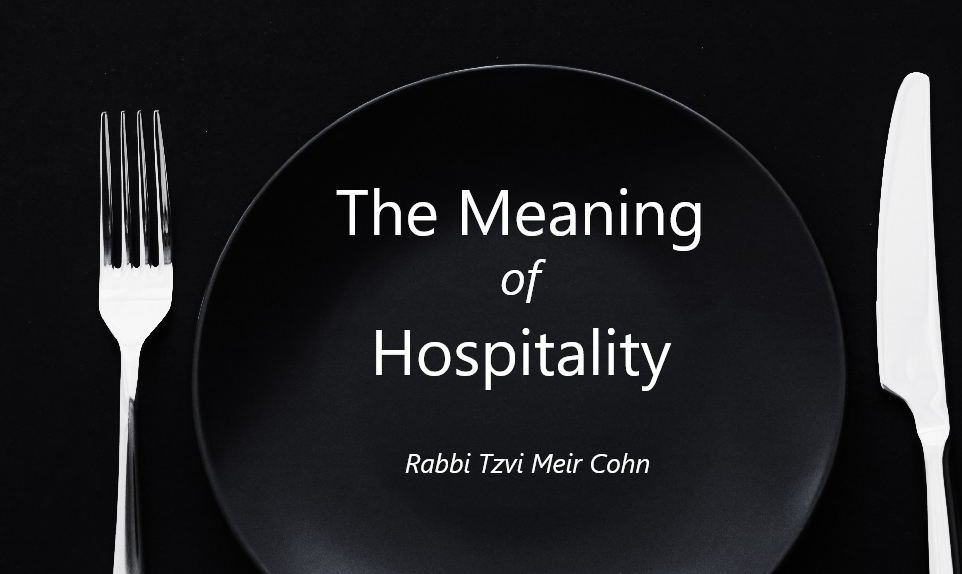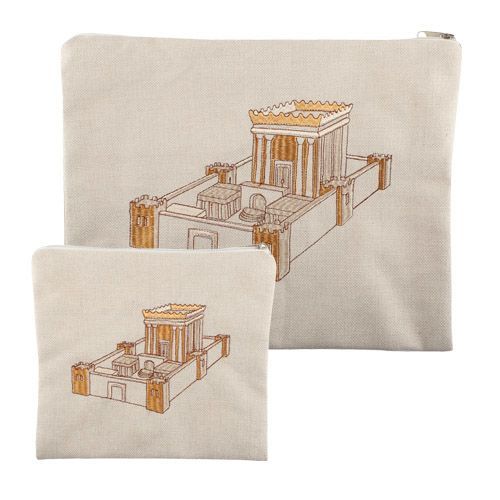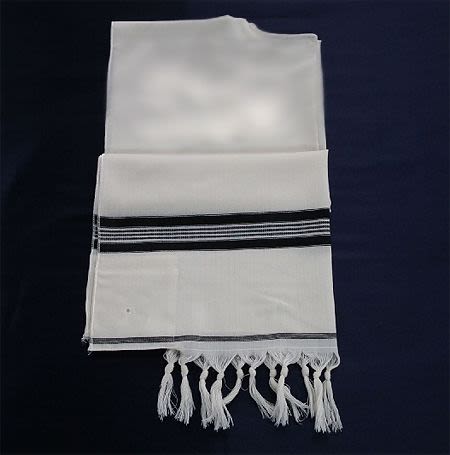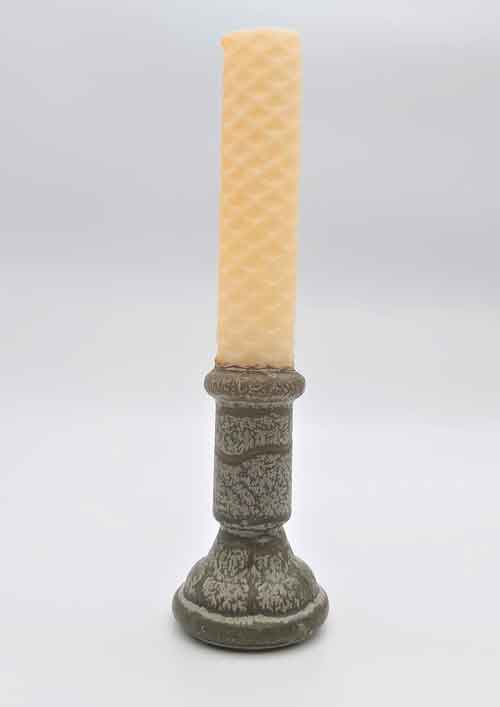
Vayera: The Meaning of Hospitality
The love and joy in which Rabbi Eliezer and his wife Sarah carried out the mitzvah of extending hospitality to those in need did not go unnoticed...

Parshat Vayera
“Offering hospitality to a wayfarer takes precedence over receiving the Shechinah (Divine Presence)” (Tractate Shabbos 127a).
“And Avraham planted an “eishel” (tree) in Beer Sheva” (Bereishit 21:33): Rashi explains in the Talmud that the first letters of the Hebrew words for eating, drinking and escorting (the three ways one shows hospitality to a guest) are the same three letters which spell the Hebrew word “eishel”.
* * *
Rabbi Eliezer, the father of the Baal Shem Tov, and his wife Sarah carefully observed the mitzvah of showing hospitality to guests, especially to those in need. They even employed local villagers to wait on the roads passing by their little village of Okup in order to invite travelers to their home. Every Shabbat and on the Holy Days there were always guests at their dining room table. They told stories of the Holy Jewish Masters, discussed the teachings found in the Holy Torah, and sang the special songs for the day.
The love and joy in which Rabbi Eliezer and his wife Sarah carried out the mitzvah of extending hospitality to those in need did not go unnoticed in the Heavenly realms. It was decided by the Heavenly Court to answer Rabbi Eliezer’s daily prayer: “Master of the World, please send someone to guide the Congregation of Israel…” The Jewish communities in Eastern Europe were living in dangerous times and under difficult conditions. And so, in answer to his prayers, a “nefesh chadash” –“new soul”, was sent into this world to serve as a light and guide to the Jewish People. This holy soul was to be raised by Rabbi Eliezer and his wife Sarah, who had no children, and were advanced in years.
However, the Satan (the Adversary), stepped forward and argued that Rabbi Eliezer was not worthy of fathering such a holy soul because he was still untested. “After all,” contended the Satan, “Rabbi Eliezer has not proven that he can withstand the most difficult test of all – loving a fellow Jew who scorns the path followed by his forefathers, that of the Holy Torah.”
The Heavenly Court nodded in agreement, and agreed to test him. At that moment, Eliyahu Hanavi (Elijah the Prophet) came forward and said, “If Reb Eliezer must be tested, let me be the one to test him.” The Heavenly Court agreed, and Eliyahu descended into this world.
The next Shabbat afternoon, Rabbi Eliezer’s guests sat at his dining table enjoying a sumptuous Shabbat meal when they heard a knock at the door. Rabbi Eliezer opened the door to a man in torn, dirty clothing. It was the prophet Eliyahu disguised as a common beggar. The beggar carried a walking stick and sack over his shoulder – a clear desecration of the Holy Shabbat.
After muttering “Shabbat Shalom”, the beggar barged into the house, threw down his sack and walking stick and sat down at the Shabbat table.
Rabbi Eliezer didn’t say a word or show any sign of annoyance about this newest arrival, who appeared to be desecrating the Holy Shabbat. Instead, while his wife Sarah prepared a place at the table for the newest guest, Rabbi Eliezer brought him wine for Kiddush (the prayer said over wine to sanctify the Shabbat) and two loaves of bread for HaMotzi (the prayer said over the bread). The beggar mumbled something unintelligible over the wine and over the bread and immediately began to wolf down the food and wine.
Meanwhile, Rabbi Eliezer’s other guests seemed upset at the behavior of the new arrival. After all, it is prohibited to perform certain work on Shabbat, such as carrying a walking stick or a sack. And to eat and drink with barely a mumbled blessing (incorrect ones, too, no doubt), especially at the house of Rabbi Eliezer, was completely unacceptable. Nevertheless, Rabbi Eliezer continued to serve his new guest without any sign of displeasure.
That night, during the celebration of Melavah Malkah (a meal that corresponds to the sending out of the Shabbat Queen), Rabbi Eliezer continued to serve the beggar, all the while telling stories of the Holy Rabbis, as is the custom.
The next morning, when the beggar was preparing to depart, Rabbi Eliezer gave him a donation and blessed him with great success in all matters – family, health, and livelihood. Rabbi Eliezer then escorted his guest to the door and accompanied him outside to the front of the house.
It was then that the beggar revealed himself. “I am Eliyahu Hanavi and I have been sent to test you. Because of your selfless love and acceptance of others, you are worthy to have a son who will serve as a guide to all of Israel and bring light to the world!”
Within a year, the blessing was fulfilled, and a cherished son, named Israel, was born to Rabbi Eliezer and his wife Sarah. Later Israel attained the name as the holy Baal Shem Tov. May his merits protect us!
And so it was.
***
Tzvi Meir Cohn attended Yeshiva Hadar Hatorah in Crown Heights, Brooklyn after completing his university studies in Engineering and Law. While studying at the Yeshiva, he discovered a deep connection to the stories and teachings of the Baal Shem Tov. His many books about the Baal Shem Tov can be found in the Breslev Store. He can be contacted at howard@cohnpatents.com.











